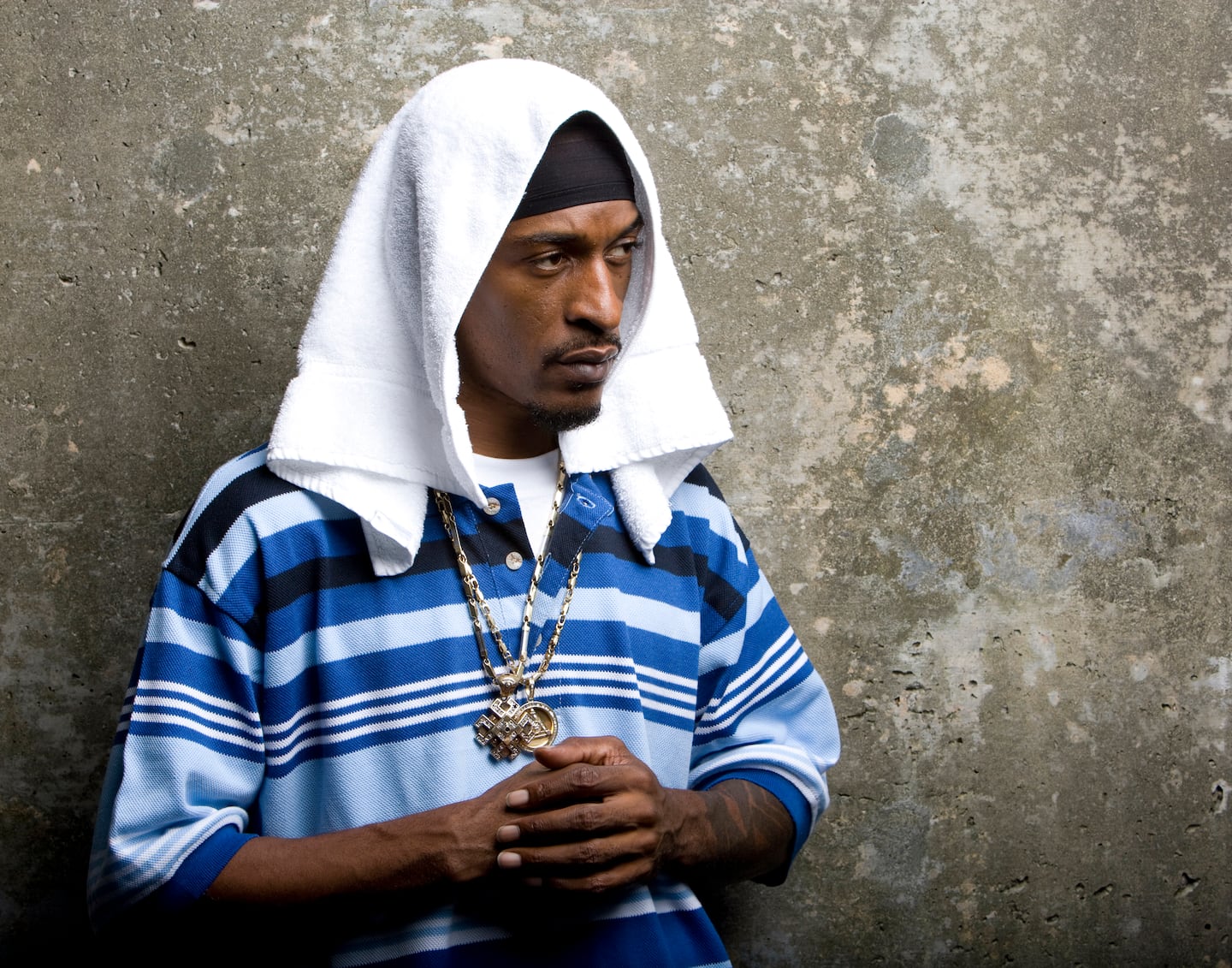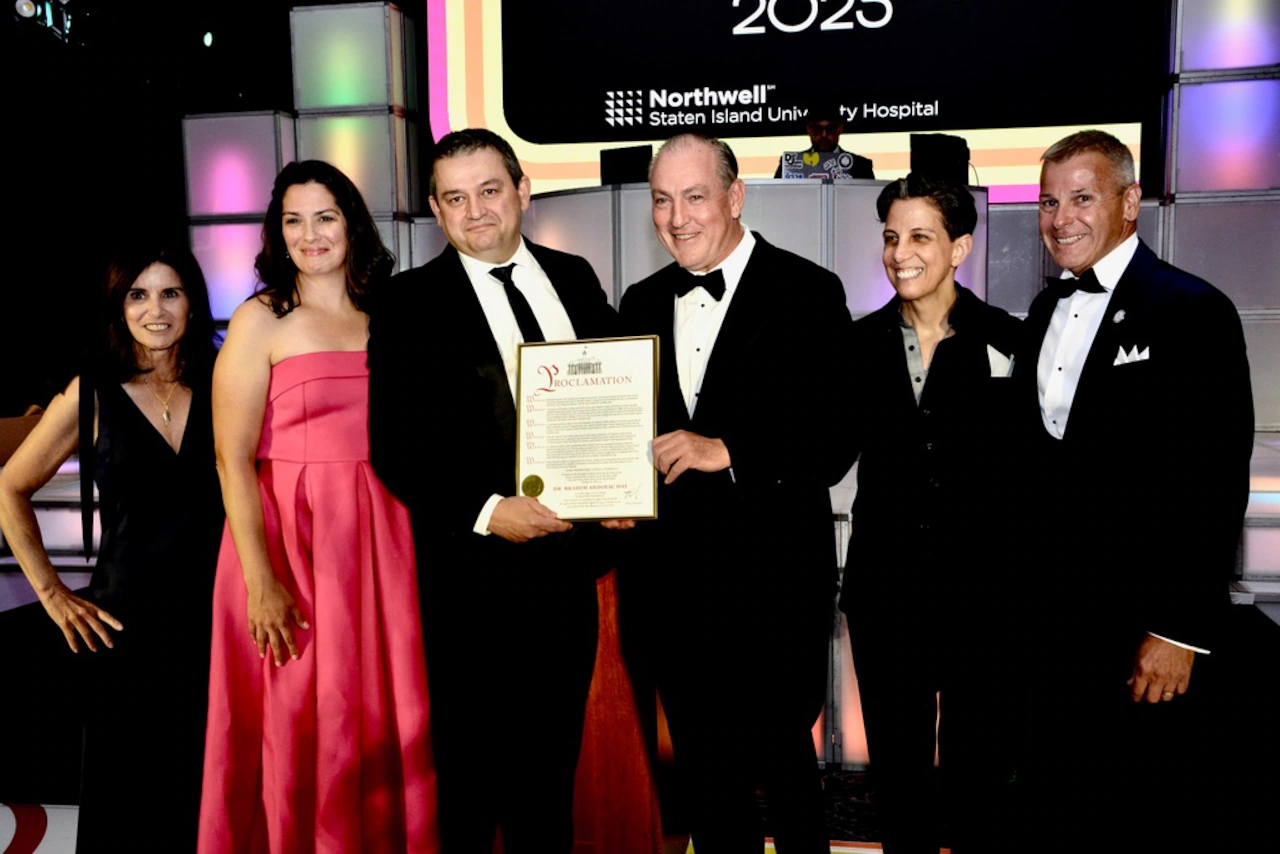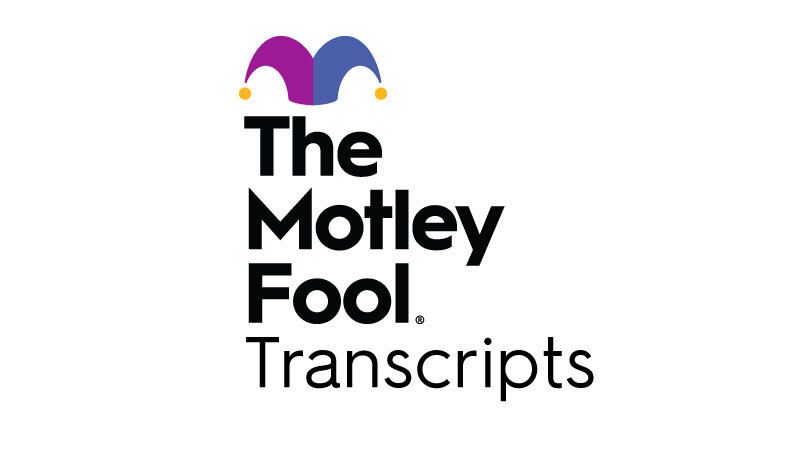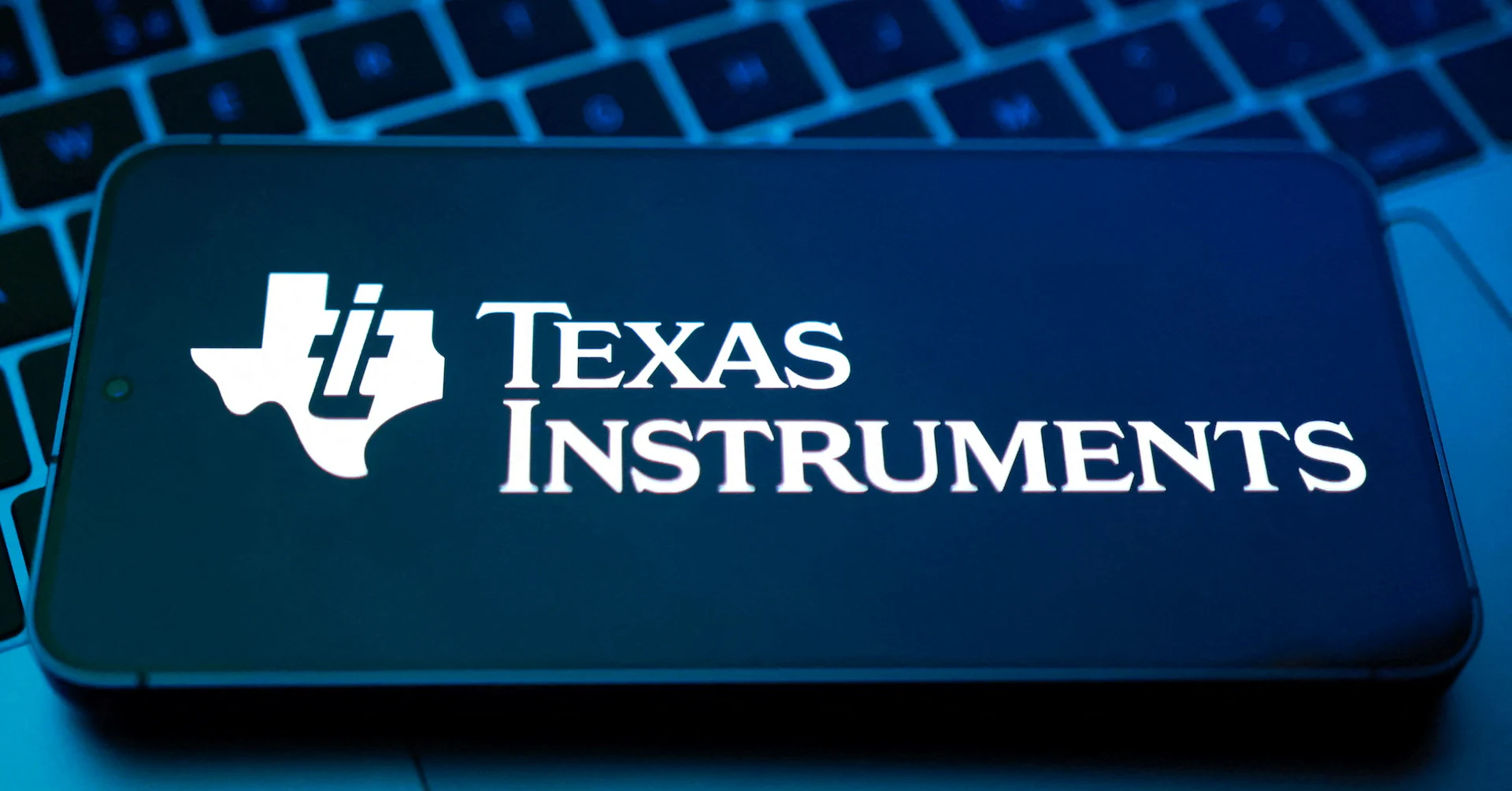Copyright The Boston Globe

“It’s very humbling,” Rakim said on a video call from his home studio, near the Pocono Mountains in Pa. “It means I was able to use rap to present a conscious view on what I felt about life and give people a different point of view on things.” Nobody did more to make hip-hop a modern art form. There had been virtuosic rappers before the release of Eric B. & Raklm’s “Paid in Full” album, but this was a different sport, a different level of artistry. Internal rhymes, unlikely multisyllabic combinations, metaphor upon metaphor, all delivered in calm, perfectly modulated cadences. This was innovation on the level of Sinatra or Coltrane. Another old school master, Kool Moe Dee, once suggested that Rakim all but invented what we now call “flow,” the verbal and rhythmic patterns by which emcees live and die. That sounds about right. This was not what Rakim set out to do growing up on Long Island, listening to early hip-hop with his two older brothers. Long Island was still seen as a hip-hop backwater, yet to yield future game-changers like Public Enemy and De La Soul. “I was only hoping that people accepted me,” he said. “I always felt like an outsider looking in. Everything was very five-borough-oriented at that time. Things didn’t move as fast in Long Island as they did in the inner city.” “I was trying to kind of make my name in the game, but I had no idea it would resonate with people the way it did,” Rakim added. Rakim linked up with DJ and producer Eric B., born Louis Eric Barrier, in 1986. Together they made a quartet of indelible golden age hip-hop albums: “Paid in Full” (1987), “Follow the Leader” (1988), “Let the Rhythm Hit ‘Em” (1990), and “Don’t Sweat the Technique” (1992). They evolved together, with Rakim developing ever-more-elaborate rhyme schemes, and Eric B. moving on from the James Brown-heavy samples of “Paid in Full” to the jazzy loops of “Don’t Sweat the Technique.” Rakim can be as braggadocious as the next emcee, but there’s always something deeper going on beneath his boasts. He loves to write about writing, or create art about creating. Occasionally he’ll even invent a word (from “I Ain’t No Joke”: “You like to exaggerate, dream and imaginate / Then change the rhyme around, that can / Aggravate me”). “I had fun trying to explain the way I thought,” he said. “I knew that my way of thinking was a little different, so I had fun just trying to explain to people what I was going through when I was writing rhymes, you know what I mean? Every time I sit down and write, it is the idea of writing that always just catches my interest.” Rakim wants to make it clear that he’s still making music. He emphasizes that he’s taking a break from laying down tracks for a forthcoming album to do this interview. He has released several solo albums, including “The 18th Letter” (1997) and “The Seventh Seal” (2009), and has performed guest spots with Jay-Z (“The Watcher 2”), Linkin Park (“Guilty All the Same”), and many others. At 57, he’s an O.G. in what has always been a youngster’s game. He also remains amazed at how technology continues to change that game. He recalled what it was like when he and Eric. B. were working their magic: “We would take samples from the ‘70s and Motown, and all of these big melodic record labels and these melodic-sounding bands,” he said. “That helped layer the sound of hip-hop, because we came from just rapping off of breakbeats and things of that nature.” Today, production is a different animal. It’s also more cost-effective. “Now a kid can go to Best Buy and get almost everything he needs,” Rakim said. “You can go home, set up Pro Tools or Logic Pro, set up a mic, hang some curtains, and have a studio. That’s beautiful. Modern technology allows people more access to what we had to pay hundreds and thousands of dollars an hour for.” And yet, sometimes the old ways are still the best ways. After all, genius never really grows old. BERKLEE COLLEGE OF MUSIC PRESENTS A CELEBRATION OF HIP-HOP AND HALL OF FAME INDUCTION OF RAKIM At the Berklee Performance Center, 136 Massachusetts Ave., Boston, Thursday, Nov. 13, 8 p.m. Tickets: $12-15. berklee.edu



